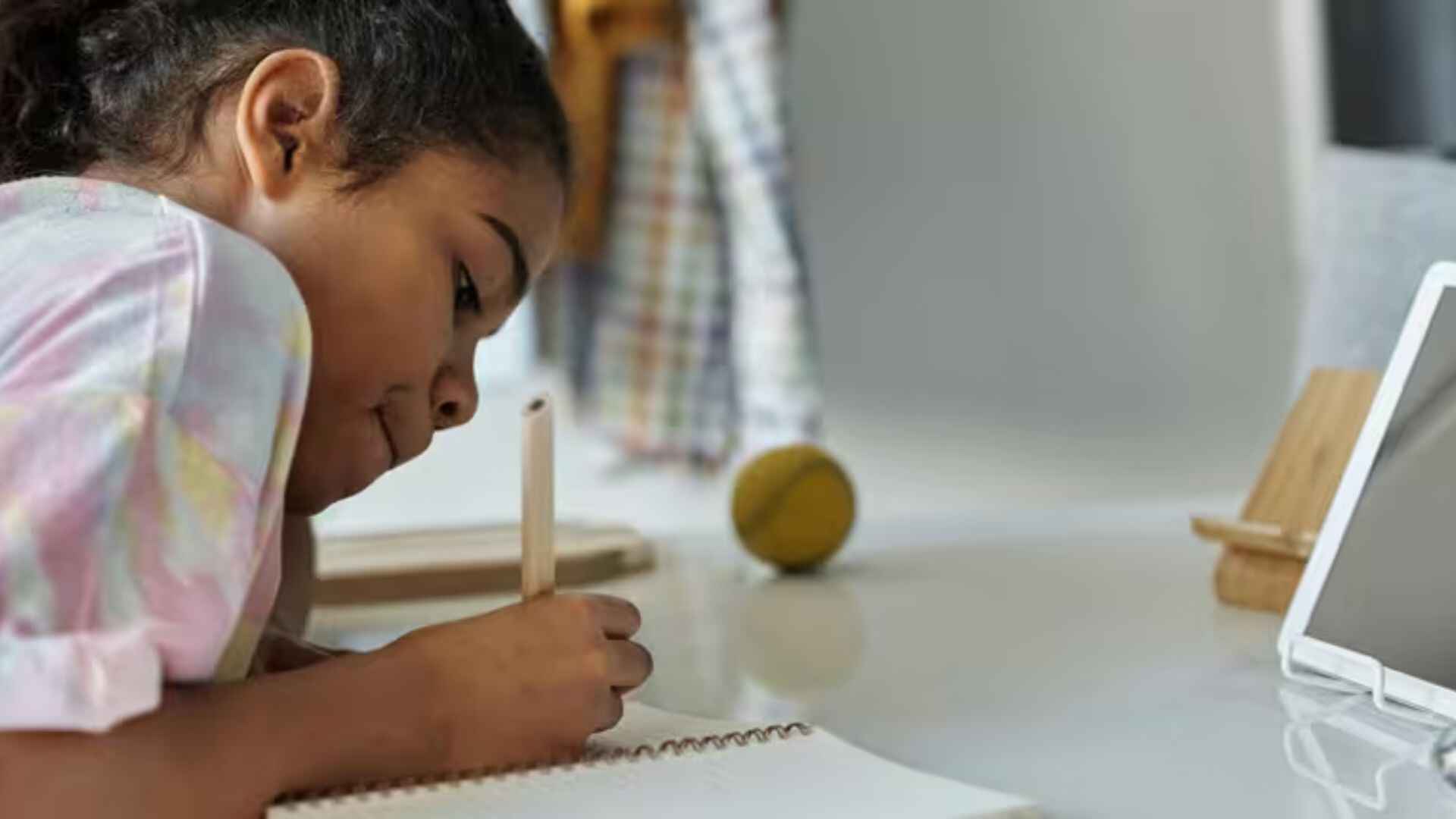
Trust is crucial for a thriving relationship. It can be defined as the firm belief, faith and reliability of one’s partner to be there for them. It allows for acceptance and loyalty. It provides safety, builds confidence and dependability.
Even as partners form their mutual understanding of trust in the relationship, its absence can be felt acutely. Feeling hurt and disrespected, partners tend to withdraw and stop engaging with each other. Also, depending on how open they are about communicating their feelings, partners may or may not express and address the loss of trust, leaving them to become distant and detached.
The risk of the relationship breaking increases substantially when partners are unable to trust one another and thereby handle the stress of strong emotions that arise. Trust is broken when–
• Partners are constantly controlling or critical of one another, never apologise or acknowledge and accept they’re in the wrong.
• They’re made to feel humiliated, inadequate and rejected. It can prevent them from feeling safe and comfortable to share their thoughts and emotions.
• Partners feel unsupported, alone and insecure. They’re unable to just be themselves and let their guards down.
• Infidelity and betrayal can shake the foundation of trust and a sense of belonging. It makes them feel vulnerable, anxious and scared.
• Intimate partner violence (verbal, physical and sexual) can make partners doubt their own belief in themselves.
Trust supports relationships to grow and survive difficult times. It creates the space for partners to be mindfully present and supportive of one another, giving each other the confidence to do and be more. There’s a willingness to work as a team and contribute towards shared goals and dreams. There’s acceptance, happiness and fulfilment.
Trust is fragile. Some partners need to know who their spouse is meeting, where, for how long, and they might ask for pictures or use a phone tracker to ensure the partner is where they said they would be. Partners can justify to themselves that this behaviour is a way to show care accompanied by good intentions. Yet, it’s a control that is expressed through such incessant nagging, questioning, and need for explanations. It’s exhausting and soon partners can give up feeling afraid, ashamed and disconnected. They withdraw from the outside world leaving them further feeling alone, isolated and vulnerable.
Similarly, when a partner cheats, the betrayal feels intentional. The loss is all-encompassing and deeply impacts and transforms the person. Healing becomes a challenge as it means rebuilding the sense of being along with feelings of belongingness, confidence, worthiness amongst others.
Interestingly, trust is necessary to recognise signs of distrust in the relationship. Distrust is about insecurity. The inability to accept intentions as genuine can make one feel unsure, unsafe, alienated and rejected. The need to protect oneself from such debilitating feelings is a way to regain control and feel assured of their position and the role they play in their partnership.
The process of building trust requires partners to be open-minded and communicate with honesty and transparency. Consistent reliable behaviour shows authenticity, reflects a belief in the relationship which in turn creates dependability. Partners begin to value each other, express vulnerability to show up as they are, address and resolve their conflicts and can readily apologise and seek forgiveness. It erases any need to be manipulative and controlling.
When needs are met, expectations are aligned, trust evolves and strengthens the partnership. Trust is key to love openheartedly, create respectful boundaries, prioritise one another and genuinely change behaviour without guilt and shame. It makes one feel good about themselves. Feeling confident about each other and the relationship also enhances physical intimacy.
Every relationship has its fair share of difficulties, limitations and constraints. It’s okay to be aware of them and find ways to address them. Overcommitting and being unable to deliver can lead to anger and uncertainty. It’s important to take on the responsibility of one’s behaviour while simultaneously holding oneself accountable for what their partner has shared with them in complete confidence. It means behaving with integrity and without judgement. The presence of trust opens up the space for partners to see each other’s perspectives and ask for help. It genuinely builds their capacity to give more.
Building trust is an inherently ongoing, interactive and dynamic process. Just saying ‘I trust you,’ isn’t enough. It must be followed by consistent action. It’s earned through hard work, effort and time. Trust-based relationships provide stability and happiness. In our hyperconnected lives, today lack of trust can potentially derail us from building secure connections. So even though it’s difficult trust is indispensable to willingly establish, maintain and repair the relationship.
The writer is a mental health counsellor. The views expressed are personal.















